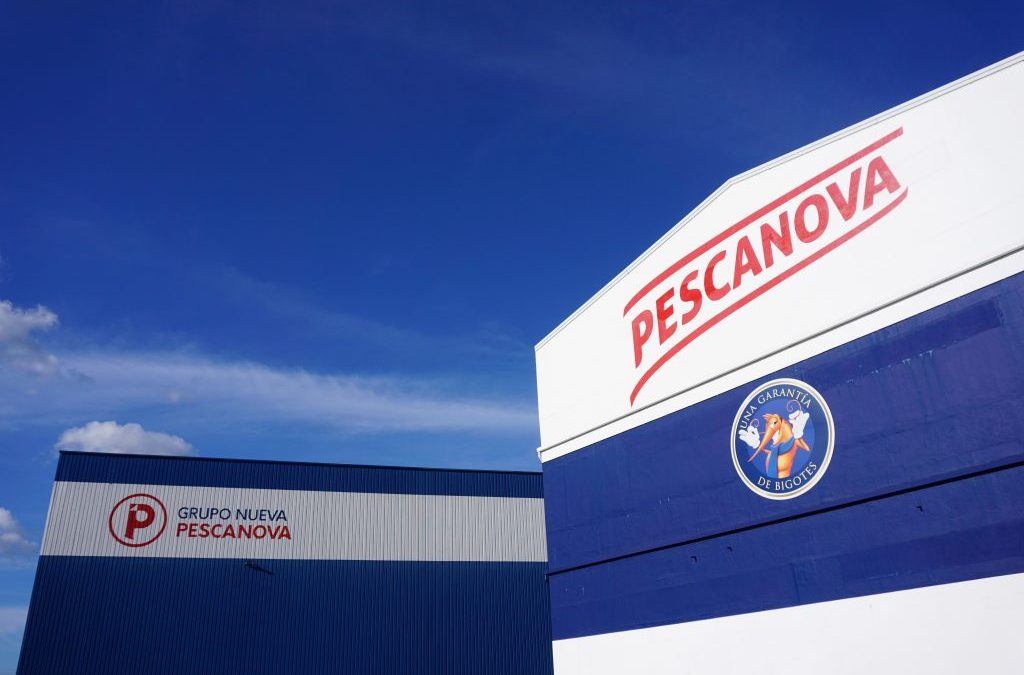Article taken from: Nueva Pescanova
Nueva Pescanova Group will become the first company in the sector to use plastic waste collected on beaches and coastal areas and transform it into packaging through an advanced recycling process, preventing it from contaminating seas and oceans, thus giving them a second life.
The company will begin to use these new containers from the second quarter of the year in some of the products of the Pescanova brand. They will be made of 90% plastic materials collected from riverbeds and areas up to 50 kilometers from the coast.
Thanks to this project, it will be possible to recover around 10 tons of plastic waste, mostly large fragments, before they reach the sea, break into smaller fragments and cause devastating damage to the marine environment and its species. To do this, it has partnered with SABIC, a leading global company in the chemical industry and a pioneer in the production of certified circular polymers.
In the words of Ignacio González, CEO of the Nueva Pescanova Group, “As a seafood company we have a great responsibility to care for the seas and oceans, ecosystems on which our activity depends and that we must all take care of. With this initiative we will prevent this plastic waste from reaching the marine environment, giving it a new life. We have set ourselves the goal of achieving 100% of our packaging to be recyclable by 2025 and, through this action, we will take another step to achieve it”.
This initiative is part of the ‘Pescanova Blue’ Sustainability Program, an integrated plan of initiatives designed to conduct and document responsible action and the sustainable use of natural resources throughout the company’s entire value chain: fishing, cultivation, processing and marketing.
The Nueva Pescanova Group is a company linked to the Principles for a Sustainable Ocean of the United Nations Global Compact, with which the multinational guarantees responsible practices with the oceans in the 19 countries in which it is present.
